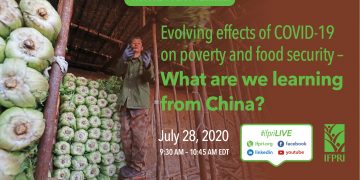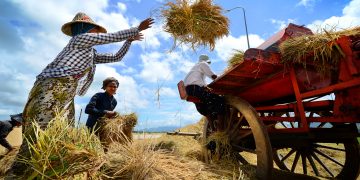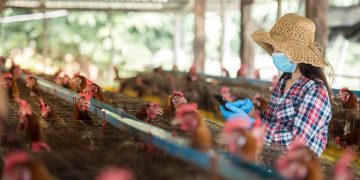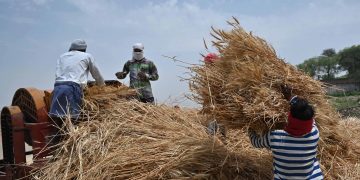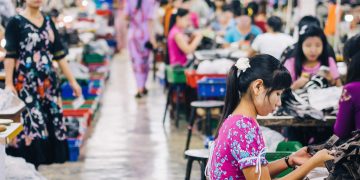Watch the July 28th IFPRI Policy Seminar, "Evolving effects of COVID-19 on poverty and food security: What are we learning from China", where presenters explored short- and mid-term impacts on Chinese enterprises, rural households, and food value chains.
This section includes assessments on food security and nutrition of households in Myanmar based on the Myanmar Household Welfare Survey (MHWS). MHWS is a nationally and sub-nationally representative phone survey, conducted every 3-4 months on approximately 12,100 households. Assessments in this section will measure food security using a household hunger scale and food consumption score; and examine nutrition through the dietary quality of individuals.
Gender, crop diversification, and nutrition in Myanmar’s Dry Zone
Agriculture is a potential pathway to improved nutrition, and the need for investments that boost agricultural production, keep prices low, and increase incomes is undisputable. In Myanmar, development agencies are aiming to meet this need by improving irrigation infrastructure and enhancing the agricultural productivity and incomes of farmers
COVID-19 and business responses: How are Yangon’s poultry farmers adapting to the pandemic? (June)
Although poultry demand is returning to normal, farms around Yangon are still facing challenges due to the COVID-19 pandemic. Learn more about our recommendations to help Myanmar poultry farmers adapt to COVID-19.
Strengthening smallholder agriculture to defend Myanmar’s food security and rural livelihoods against COVID-19
There is an urgent need to anticipate the threat posed by COVID-19 to Myanmar’s agricultural sector and to rural households that depend on farming for income and for food and nutrition security. In this blog post, IFPRI researchers assess strategies to mitigate the threat and support farmers to prepare their land and plant their crops on time for the monsoon cropping season.
Exploring food security among young women in Myanmar’s garment sector
In Myanmar’s Yangon region, a significant portion of young women employed in the formally regulated garment sector is impacted by malnutrition. Through data collection at the individual, factory, and community levels, Sophie Goudet, Lwin Mar Hlaing, and Paula Griffiths assess the food and nutrition security of Yangon’s young female garment workers.
- « Previous Page
- 1
- …
- 3
- 4
- 5
- 6
- 7
- Next Page »
